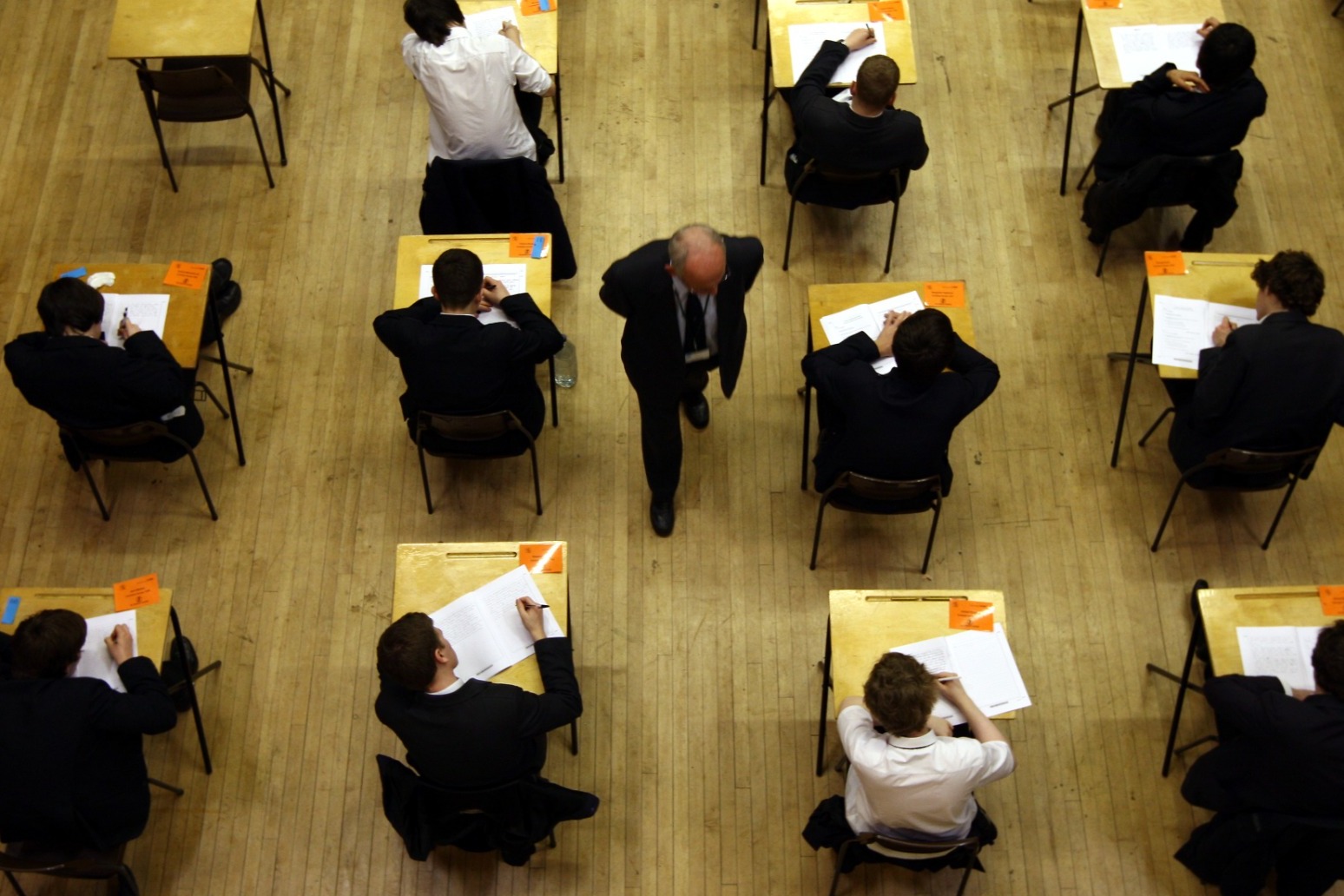-
 play_arrow
play_arrow
Chorley ONE Local Radio for Chorley
Pupils enjoyment of school suffers substantial decline in Year 7


Pupils’ enjoyment of school suffers a substantial decline during the first year of their secondary education, a study has suggested.
There is a steep drop in school enjoyment scores between pupils in the final year of primary school (Year 6) and those in Year 7, according to the Research Commission on Engagement and Lead Indicators.
Pupils eligible for Free School Meals also report lower levels of enjoyment, trust and belonging than their peers, with the gaps widening throughout secondary school, the study found.
The research – led by ImpactEd Group – tracked data from more than 100,000 pupils across England to explore how pupil engagement changed across the 2024/25 academic year.
It found Year 7 pupils reported lower levels of enjoyment, trust, agency and safety between the autumn and spring of the first year of secondary school.
Pupils were asked questions to capture their emotional, cognitive and behavioural engagement and they responded using a 0-10 reporting scale.
On average, pupils in England responded to the statement “I feel happy to go to school in the morning” with a score of around 4.6 out of ten.
The average school enjoyment score falls from around 6 among pupils in Year 6 to 3.8 for pupils in Year 7 and to 3.2 for pupils in Year 8, the study found.
The report said the findings point towards Year 7 being “a key point when pupils’ enjoyment of school suffers a substantial decline.”
Girls reported feeling marginally safer than boys at school during primary school, but between Year 7 and Year 9 girls increasingly feel less safe at school than their male peers, the research suggested.
Data shows that feeling safe in schools falls from 7.21 in Year 7 to 5.89 in Year 9 for female pupils, and from 7.40 to 6.55 for male pupils.
The study, led by Professor John Jerrim from UCL Institute of Education (IOE), raises questions about how to approach the transition to secondary school.
It suggested there is a “strong link” between headline engagement scores and attendance among secondary pupils.
Secondary pupils in the top 25% of headline engagement scores are 10 percentage points less likely to be persistently absent than pupils in the bottom 25% of headline engagement scores.
Dame Sue John, chairwoman of the Research Commission on Engagement and Lead Indicators, said: “It is crucial that we identify the points at which pupils are starting to disengage with school, so that we can intervene to stop a disconnection leading to non-attendance and poorer outcomes.
“This research provides rich and nuanced insights into pupil engagement at a school and classroom level, which will enable leaders to act fast and understand more complex dynamics in their schools, such as what is happening at age 11 for different pupil groups.”
Margaret Mulholland, Send and inclusion specialist at the Association of School and College Leaders (ASCL), said: “The transition between primary and secondary school is a hugely important stage of a child’s education. It can also be an unsettling time where issues with anxiety and behaviour can arise.
“As this study shows, a drop in engagement during this period can be hugely detrimental to a pupil’s wellbeing and attainment.
“It is therefore vital that schools are able to access specialist support services that can break down any barriers preventing pupils from feeling happy and secure at school.
“This must include support for pupils with special educational needs and disabilities, and for those suffering from poor mental health – services which are too often out of reach of schools.”
A Department for Education (DfE) spokesperson said: “Through our Plan for Change, we are determined to give young people growing up in our country the best start.
“Our independent, expert-led curriculum and assessment review will ensure all children enjoy a cutting-edge school experience that leaves them ready for work and ready for life.
“This Government continues to break down barriers to opportunity, including through expanding mental health support, so all pupils are able to achieve and thrive in school.”
Published: by Radio NewsHubClick here to read this story in full at Radio News Hub
Written by: admin
Similar posts
Latest News
- Schoolgirl who drowned at water park was unlawfully killed coroner rules
- Dua Lipa named most played artist across UK TV and radio for second time
- First aid fears could stop 200 lives being saved each year charity warns
- Pupils enjoyment of school suffers substantial decline in Year 7
- Trump Russia Ukraine ceasefire talks to begin immediately
Top popular

Energy suppliers pay out 7m after overcharging 34000 customers

UKs National Wealth Fund seals 135bn loan to build North Sea power cables

Small but positive rise in retail footfall as sunny April encourages shoppers

Woman accused of having illegal abortion found not guilty

King approves new Great Seal of the Realm for signifying royal approval
Copyright THe Mediasite - 2024








